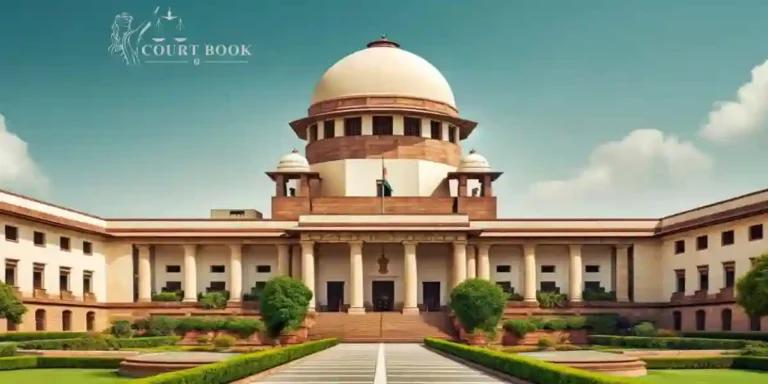On May 8, the Supreme Court of India directed all States to establish a Committee responsible for identifying and eliminating discriminatory provisions in laws, rules, regulations, and bylaws targeting leprosy-affected or cured individuals. The Court emphasized that such laws must be brought in line with the country’s Constitutional obligations.
Historical Background
Leprosy, once seen as a highly contagious and incurable disease, led to the enactment of the Indian Lepers Act, 1898. This law imposed harsh restrictions on leprosy patients, including arrest without warrant, forced confinement in leprosy asylums, and denial of fundamental rights such as property ownership, voting, and employment.
Read also: Supreme Court: Alibi Evidence Cannot Quash Summoning Order Under Section 319 CrPC
However, in 1979, the introduction of Multi-Drug Therapy (MDT) made leprosy entirely curable. Following this breakthrough, the World Health Organization (WHO) declared that leprosy was neither highly contagious nor incurable. In light of these developments, the Indian Lepers Act, 1898, was repealed.
Despite this, the petitioner, Federation of Leprosy Organisation, highlighted that several discriminatory provisions against leprosy-affected individuals persist in various state laws and government orders, even after continuous efforts to have them removed since 2004.
Read also: Supreme Court Questions Union’s 50:50 Selection for Women JAG Officers, Cites Gender Bias Concerns
During the hearing, Senior Advocate Vinay Garg informed the bench of Justice Surya Kant and Justice NK Singh that while four central Acts were amended in 2019, over 100 state laws still contain discriminatory provisions against leprosy-affected persons. Another petitioner, Vidhi Centre for Policy, represented by Advocate Rashmi Nandakumar, revealed that at least 145 state laws retain such discriminatory elements.
Justice Surya Kant suggested that a State-wise listing of these laws be prepared to ensure systematic rectification without creating legal gaps. The Supreme Court, in its order, stated:
"We are informed that there might be more than 145 State legislations, besides regulations, bylaws, etc., where the offending provisions still continue across States."
The Supreme Court has directed the Chief Secretaries and Law Secretaries of all States to form a Committee comprising officers from the Law and Justice Department, preferably headed by a Principal District Judge. The Committee's primary tasks include:
- Identifying all state laws, rules, regulations, and bylaws containing discriminatory expressions against leprosy-affected or cured individuals.
- Submitting a detailed report to the Registrar General of the Supreme Court.
- Ensuring that all discriminatory provisions are aligned with Constitutional principles.
The Court has instructed the States to complete this process within four weeks, emphasizing strict adherence to the timeline.
Case Details: FEDERATION OF LEPY.ORGAN.FOLO . Vs UNION OF INDIA|W.P.(C) No. 83/2010
Appearances:
Senior Advocate Vinay Garg and Mayuri Raghuvanshi, AOR [for Petitioners]
Additional Solicitor General, Aishwarya Bhati [for Respondent UOI]















